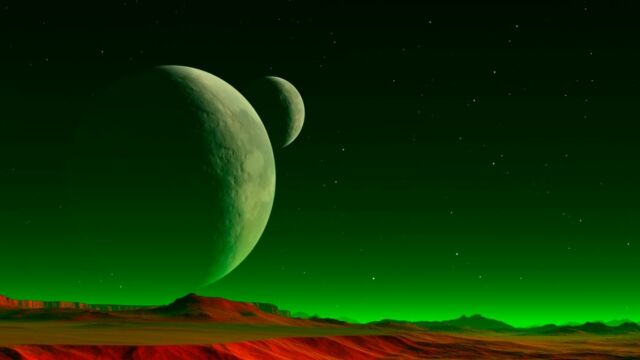Here’s everything you need to know about the Moon-Mars conjunction, September 17

We're almost halfway into September, and we have already witnessed a few meteor showers. But make sure you note down the date for the upcoming planet-moon conjunction.
With the passing of the famous meteor showers like epsilon-Perseids, Perseid and Kappa-Cygnids, astronomy lovers are in for the next big astronomical event. This upcoming event will leave you amazed, so pull out your binoculars and be ready!
Discover our latest podcast
Planet-moon conjunction on September 17
Although two planet-moon conjunctions have already passed, there are more that are approaching. The conjunction of the moon and planet Mars is going to take place on September 17, when you can see both the celestial bodies near each other. According to Starwalk, the moon will be partially illuminated, next to the Taurus constellation.
More under this adMore under this adThe view, however, won’t be visible by a telescope as the planet and the moon will be at a wide distance of 3°36', making it impossible to see both the space bodies in a single frame. Nevertheless, you can witness the event using binoculars. Moreover, you can even see Mars with just your eyes, as it will be at a magnitude of -0.4.
More under this adMore under this adWhat is the Planet-Moon conjunction?
This event occurs when two celestial bodies are within close vicinity of each other. Of course, the space objects don’t make contact with each other in space or it would have a devastating impact on the solar orbit. It only gives the view, as if they are in close contact.
It generally, takes place between the moon and other planets. As per Starwalk, to observe this celestial event, you should know the:
More under this adMore under this adSpace objects rise and set time for your location. There is a possibility that an object will rise above the horizon during the daytime, so you won’t be able to see it at all.
Read more:
⋙ Newly invented 'flying saucer' to help explore the Moon, according to scientists